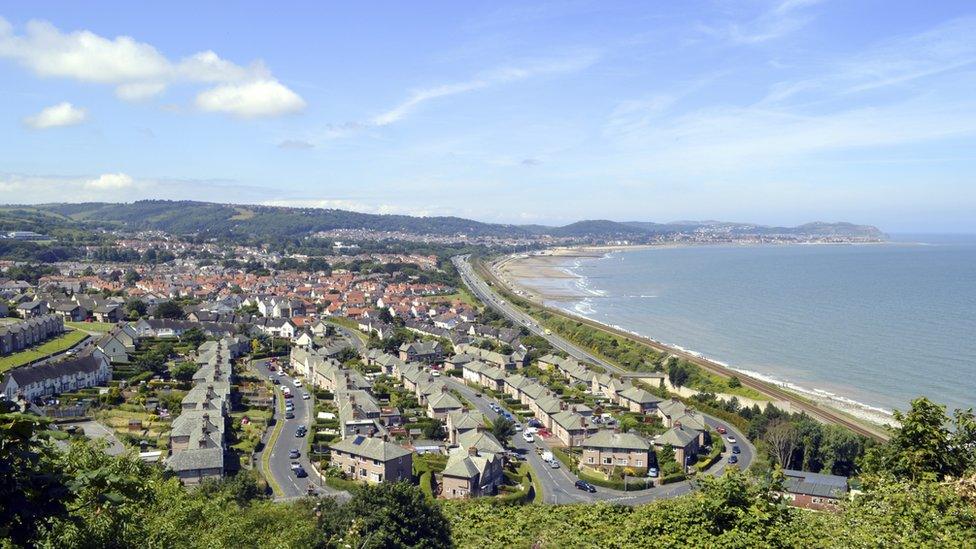Tidal power rivals press on despite Swansea Lagoon snub
- Published
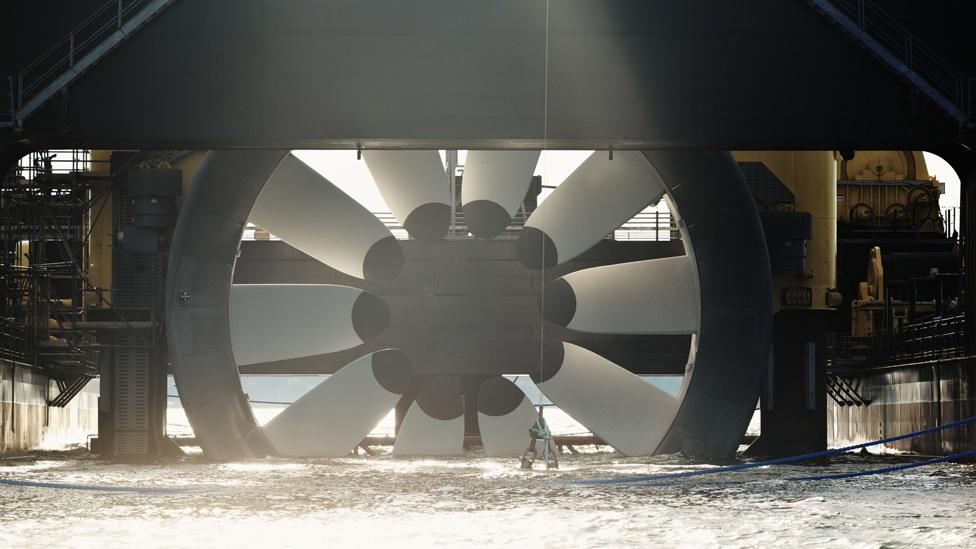
Developers hoping to pitch new tidal power stations to the UK government have vowed to carry on with their plans despite the rejection of the Swansea Bay lagoon.
One called on ministers to set up a competitive tendering process.
Energy Secretary Greg Clark said he was "enthusiastic" about the technology if it could prove to be value for money.
The company behind the Swansea Bay scheme is considering its next steps.
Tidal Lagoon Power's (TLP) £1.3bn "pathfinder" project, touted as a world-first, was turned down by the UK government on Monday. after it was deemed too expensive.
The aim was for it to lead to a fleet of larger, more powerful lagoons in Cardiff, Newport, Bridgewater Bay, Colwyn Bay and off the coast of Cumbria.
The decision came 18 months after an independent review, commissioned by the UK government, had urged ministers to plough ahead.
What are other developers saying?
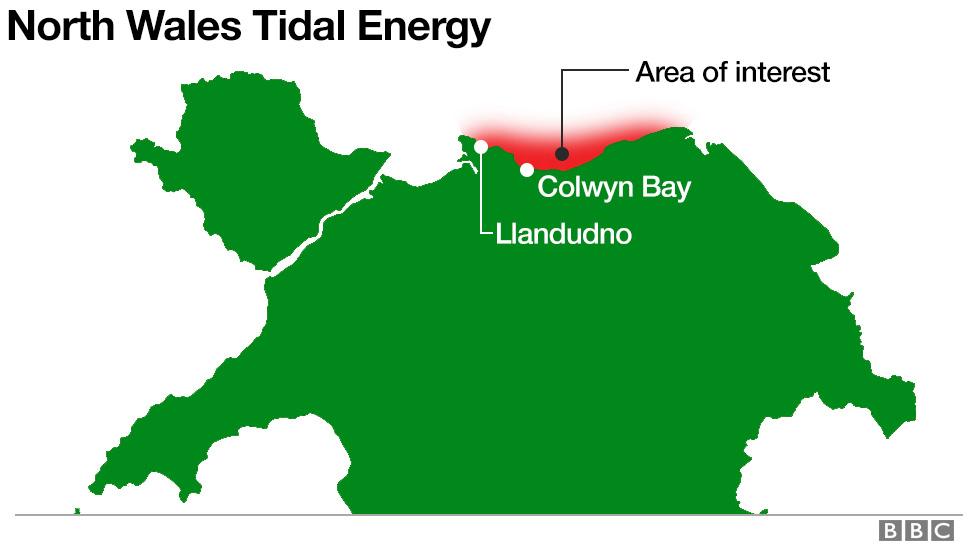
Other developers also looking to build lagoons have been following the situation closely.
Henry Dixon, chair of North Wales Tidal Energy (NWTE), external said the government had made the "wrong decision" but that would not deter his company from "continuing to develop and promote" its own plans.
He claimed NWTE's proposal for a £7bn lagoon, stretching from Llandudno eastwards towards Talacre in Flintshire, would stack up in terms of costs as it could generate more energy and revenue than the much smaller Swansea scheme.
There were also added benefits in terms of flood prevention, he claimed.
Mr Clark told MPs that while his department had received proposals from other promoters of tidal energy schemes said to have lower costs than the Swansea scheme they were at "an earlier stage of development".
One vocal opponent of TLP's plans has said ministers now need to set out a timetable for developers to bring projects forward, in the hope that competition would drive down costs.
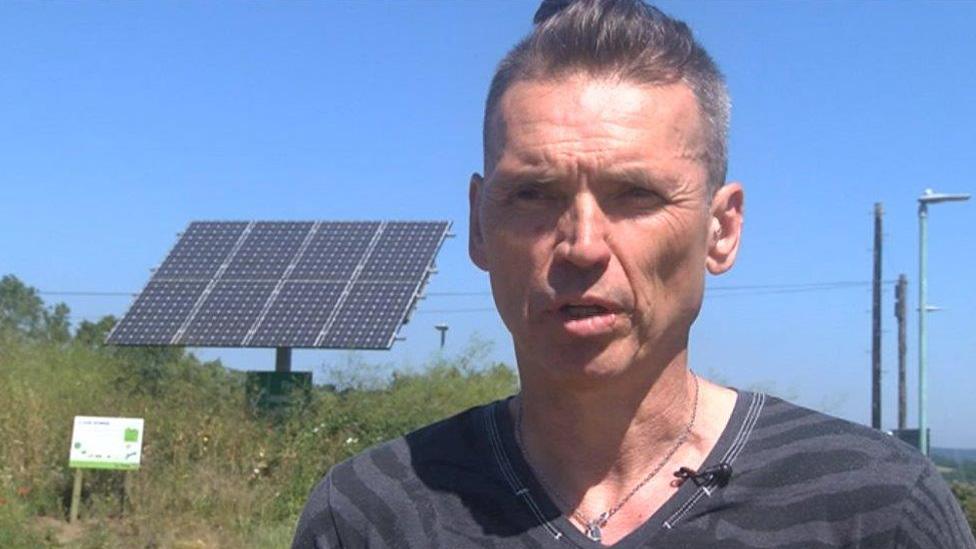
Dale Vince believes tidal energy can be completely offshore
Dale Vince, who founded Ecotricity, one of the UK's biggest providers of renewable energy, believes he can build cheaper lagoons in the Solway Firth.
His approach differs to TLP's as the lagoons would be entirely offshore, instead of being attached to the coastline.
"There is plenty of time to have a competitive tender and to get this right - as the government have said this week," Mr Vince said.
"Swansea Bay was too expensive and it doesn't make sense to do it, especially when not just other forms of renewable energy are much cheaper but other approaches to tidal energy are too."
"We're hoping that the government now turns round, on the back of this decision, and creates a proper competitive process for tidal lagoons."
Mr Vince pointed to the success story of offshore wind generation, the price of which has halved in the last three years as companies compete for government subsidy via a process known as "contracts for difference".
"What we'd like them to do is simply to include tidal lagoons into 'contracts for difference' and set out a timetable for developers to present their projects and prices to the government.
"Hopefully within that there would be a price that the government are willing to pay for tidal lagoons, which would be much lower than the price for Swansea Bay."
TLP's proposals had focused on the impact building the lagoons would have on the Welsh economy, promising to kick-start a new industry in South Wales.
But there is no guarantee that future schemes which emerge would be located in Wales.
What about other responses?
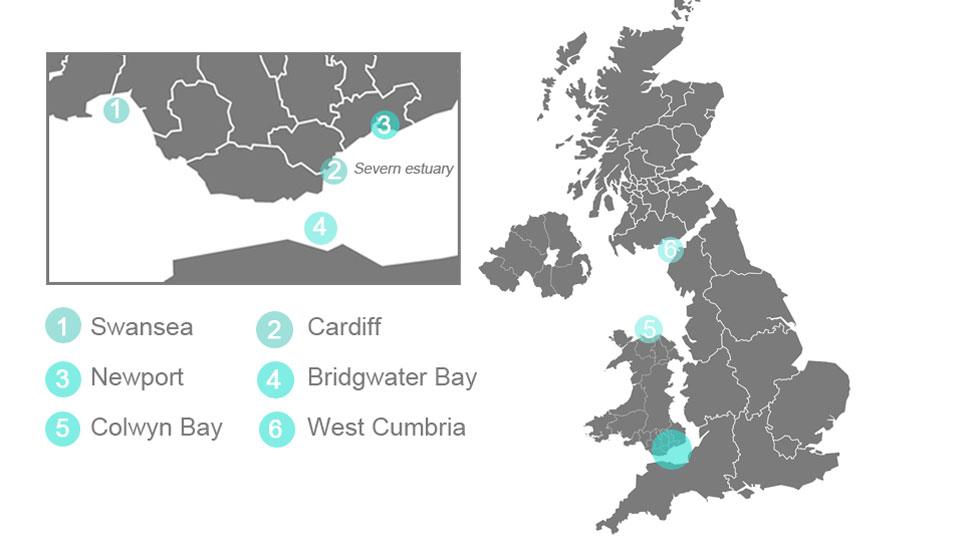
The proposed map of tidal lagoons around the UK coast.
Mark Shorrock, TLP's chief executive said the government's position on tidal lagoons had been "one of contradictions".
But he said the developers and their backers were considering alternative ways of making the Swansea Bay lagoon work and said everyone was "determined to make sure Swansea Bay is delivered".
Shea Buckland-Jones from the Institute of Welsh Affairs said a "massive opportunity" had been missed.
The think-tank is running a project looking at how Wales could generate all of its energy needs via renewable sources in future and has claimed tidal lagoons have a big part to play.
"There is huge potential to use our sea resources to really drive renewable energy potential in Wales," he said.
"When you look at the likely mix we need in terms of renewable energy we need it to be as wide as possible - so as well as wind and solar we need tidal too."
Business and Energy Secretary Greg Clark said there was a big innovation push on renewable technologies generally and he would continue to fund research and be open to good ideas.
"When it comes to the deployment at scale we have a responsibility to make sure consumers' bills and taxpayers' bills were not sent soaring," he said.
"We do have to take a rigorous approach but we want to get these technologies to a level that they can be competitive and we're very enthusiastic about deploying them when they get to that level."
- Published28 June 2018

- Published25 June 2018
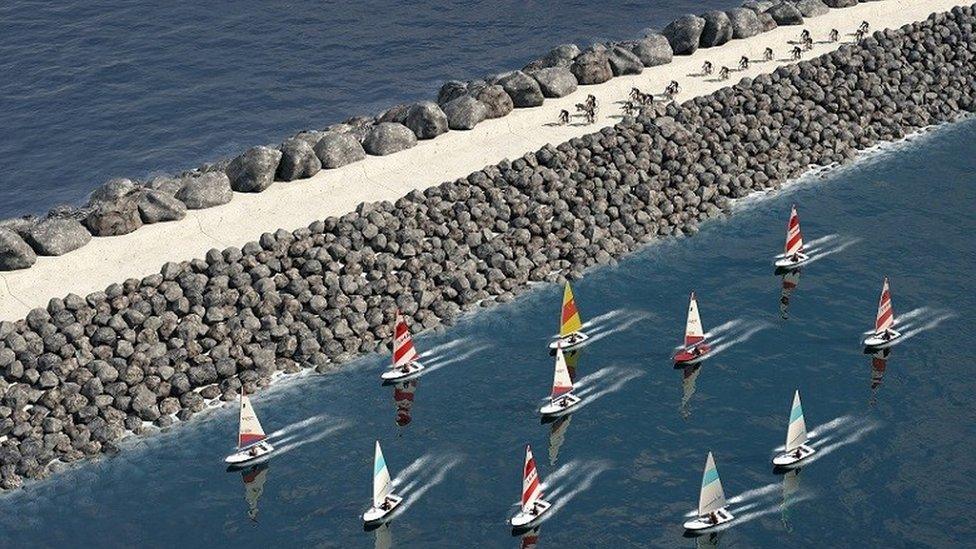
- Published28 June 2018
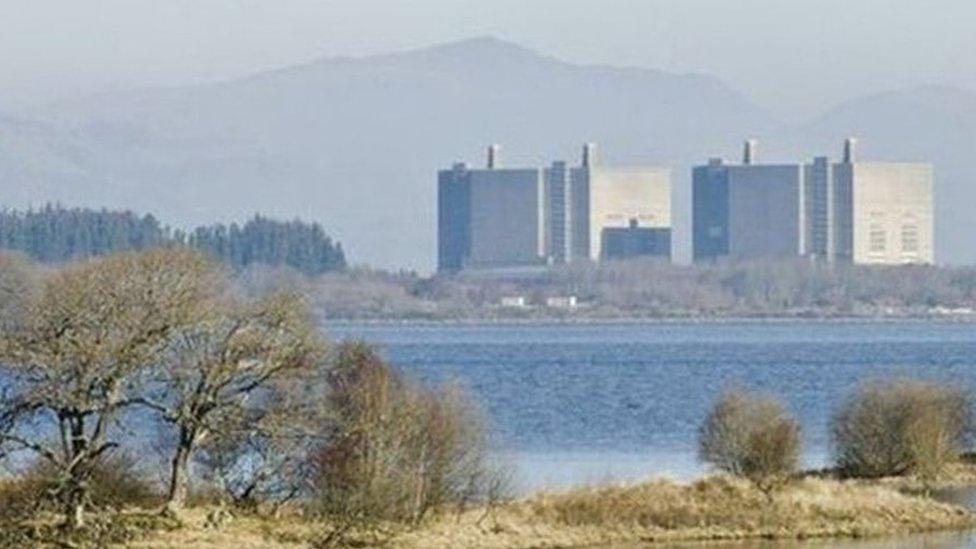
- Published31 May 2018
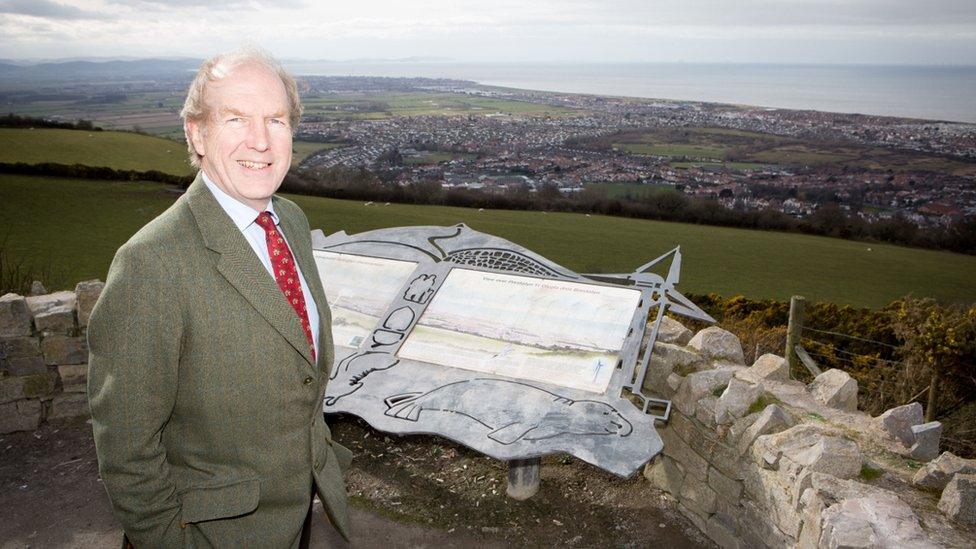
- Published4 April 2016
